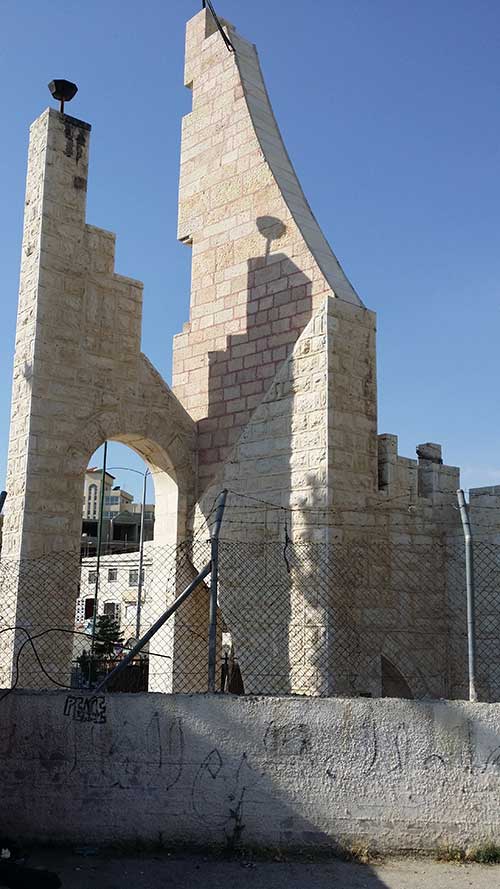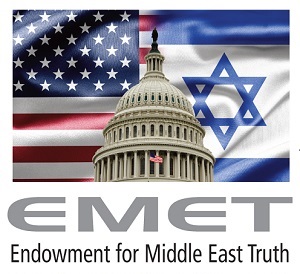Gaza terror organizations continued over the weekend to fire Kassam rockets and mortar shells on the western Negev communities. Nine rockets and 13 mortar shells were lobbed into Israeli territory on Saturday. Ten more shells were fired into Israel yesterday.
On Saturday afternoon, alarms went off in Ashkelon and returned panic to the streets of that city. A Kassam rocket landed in an open field in the southern part of the city. Other rockets and mortar shells landed in open fields in the agricultural regional councils of Shaar Hanegev, Sdot Negev and Eshkol, all located in the Western Negev area.
Mr. Renan Jizersky, a resident of Sderot who works at the gas station outside of Kibbutz Nir Am, said: “I was standing near the glass door and suddenly there was a tremendous explosion. The store literally shook.
“Had it been any closer the windows would simply have been blown out. This is worse than Russian Roulette.”
“We’re here in a state of war. Fortunately for us, it isn’t bloody, but it is full of suffering, trauma, property damage, emotional damage to children and to citizens’ agendas,” said Rachel Afriat, a resident of Sderot. “If I didn’t have a father and mother, a grandmother and three children, I’d have left long ago, just so as not to live in an area in which there isn’t any protection and there isn’t any mercy.”
In the course of the last week, a total of 26 Kassam rockets and 25 mortar shells exploded in the Jewish communities contiguous to Gaza. Over the past month, there were 215 attacks – all this, during a “cease-fire.”
The black humor in southern Israel: “We cease, they fire.”
On a more sober note, Eshkol Regional Council Chairman Haim Yellin spoke angrily on Israel TV about the continued attacks on civilian Israeli communities.
“With a truce like this, who needs war?” he said. “All of the politicians in Israel ought to unite and find a solution. If the enemy understands that there aren’t any cracks in Israeli society with respect to this murderous fire, then we’ll be able to win.”
On Saturday night, the Israeli army conducted an air strike on a team of rocket launchers in the northern Gaza Strip. According to Palestinian reports, one armed man was killed and two others were injured in that air strike.
The Israeli army did not attack any of the Hamas command headquarters where orders are issued to carry out the attacks.
Foreign Minister Tzipi Livni demanded stronger acts, and used yesterday’s cabinet meeting to declare that, “Fire out of Gaza should be responded to with fire.” In response to a question how Israel ought to act in light of the continued rocket fire out of Gaza, Ms. Livni said on the Voice of Israel radio that it had been a long time since the political echelon had held a meaningful debate over “whether and under which conditions Israel will continue the truce agreement with Hamas in Gaza. That must be done immediately.” Ms. Livni noted, “the truce agreement in any case is going to expire in another two weeks and at all events it isn’t being honored by the Palestinian side, and that is why it is vital that we immediately rethink what to do.”
Ms. Livni attacked Defense Minister Ehud Barak during the Israel government cabinet meeting yesterday, implying that he is not aware of the reality in Gaza.
“There is no cease-fire in Gaza,” she said, “anyone who calls this ‘calm’ doesn’t know what’s happening there. Whoever is responsible for security needs to act.”
In response, Mr. Barak said, “the situation in Gaza is known. The reality requires us to weigh opinions, responsibility and politics.” Mr. Barak went on to say that Ms. Livni only makes her statements to earn points as a politician during an election campaign.
In the end, the Israeli cabinet made no decision as to how or whether to respond to the Gaza attacks.
David Bedein can be reached at dbedein@israelbehindthenews.com








